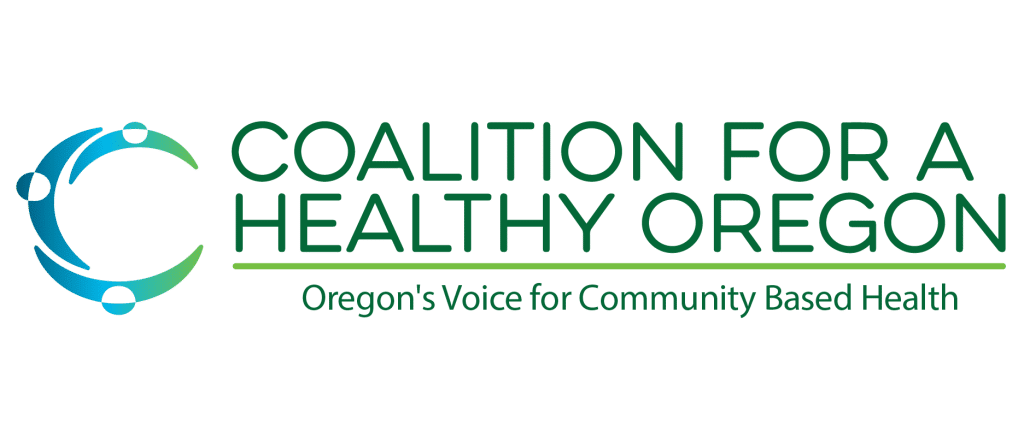How will the CARES Act affect Oregonians & Our Health Care System?
Last week, the federal government passed a stimulus package aptly named the Coronavirus Aid, Relief, and Economic Security (CARES) Act. This policy provides resources for individuals, small businesses, health care providers, hospital systems, corporations, and many more.
We’ve all heard about the federal legislation that will supposedly provide cash payments to Americans, but what does it really do? We went through the bill to see how it will affect people in our state, and in particular, the health care delivery system.
First, the truth about the cash payments to Americans: will every American receive $1,200 being reported in the news? The answer is yes, most adult Americans will have access to this cash payment, though some groups have been left out. According to the exact verbiage, individuals with a social security number earning up to $75,000 (based on 2019 income) will receive rebates of $1,200 per individual and $500 per child under 17. The payments scale down for those earning up to $99,000, and those earning above $99,000 will not be eligible for the rebate. You must have filed your taxes this year or last year to be eligible, and these rebates will only be garnished if back child support is owed.
The CARES Act also bolsters unemployment compensation by adding $600 to every unemployment compensation check, so no one will receive less than $600 per week through July 31, 2020. Medicaid benefits have also been expanded to include those that have been laid off or furloughed without pay due to COVID-19. Those who are self-employed, gig workers, independent contractors, or those with irregular work history are not usually covered, but under the CARES Act, they will be.
Businesses large and small shouldn’t fret! Rolled into the Act is relief in the form of tax credits, loans and loan relief, grants, and other emergency economic programs.
Though the CARES act is mainly an economic stimulus package, it does include rule and regulation changes for health care entities, as well as specific resources for providers, hospitals, and clinics. For example, many hospitals and clinics have significant concerns about cash flow due to the mass cancellations of elective services. The CARES Act creates the opportunity for hospitals to receive accelerated payments, in which qualified facilities can request a lump sum or periodic payments that could reflect up to six months of Medicare services. This direct injection of capital to our health care system is much needed, as hospitals stock up on supplies and continue to pay their nurses, doctors, CNAs, and many others.
This act also increases Medicare reimbursement COVID-19 patient care by 20 percent. This add-on payment recognizes increased costs incurred by providers and will be applied through the duration of the pandemic. Even providers and clinics that do not care for COVID-19 payments will see a two percent increase in Medicare reimbursement through December 31, 2020.
These increases in reimbursement and loan opportunities will help keep providers focused on caring for their patients. Find a more comprehensive list on how this legislation may affect you here.



